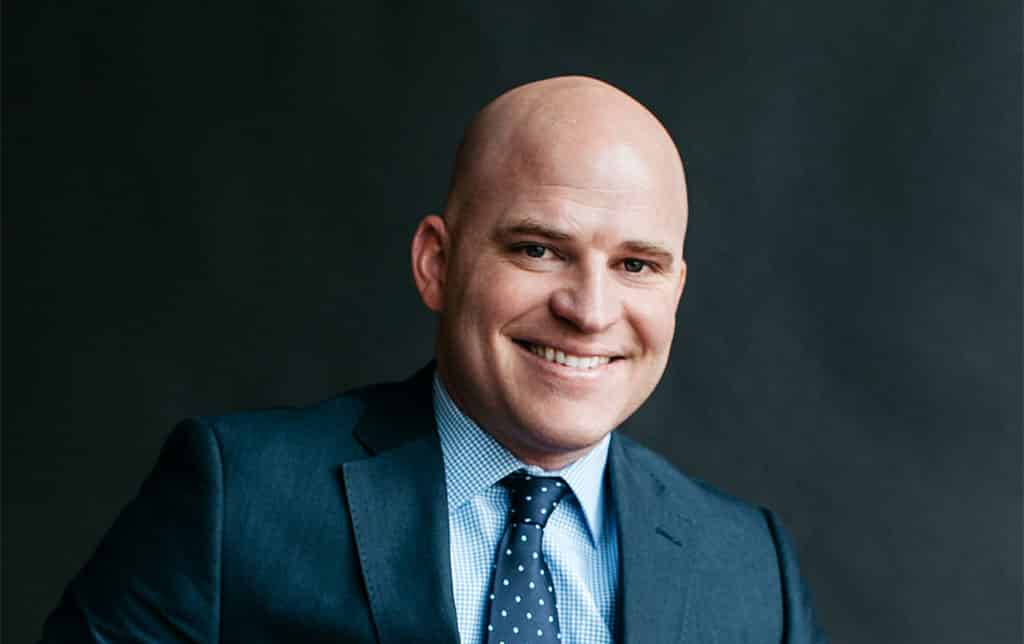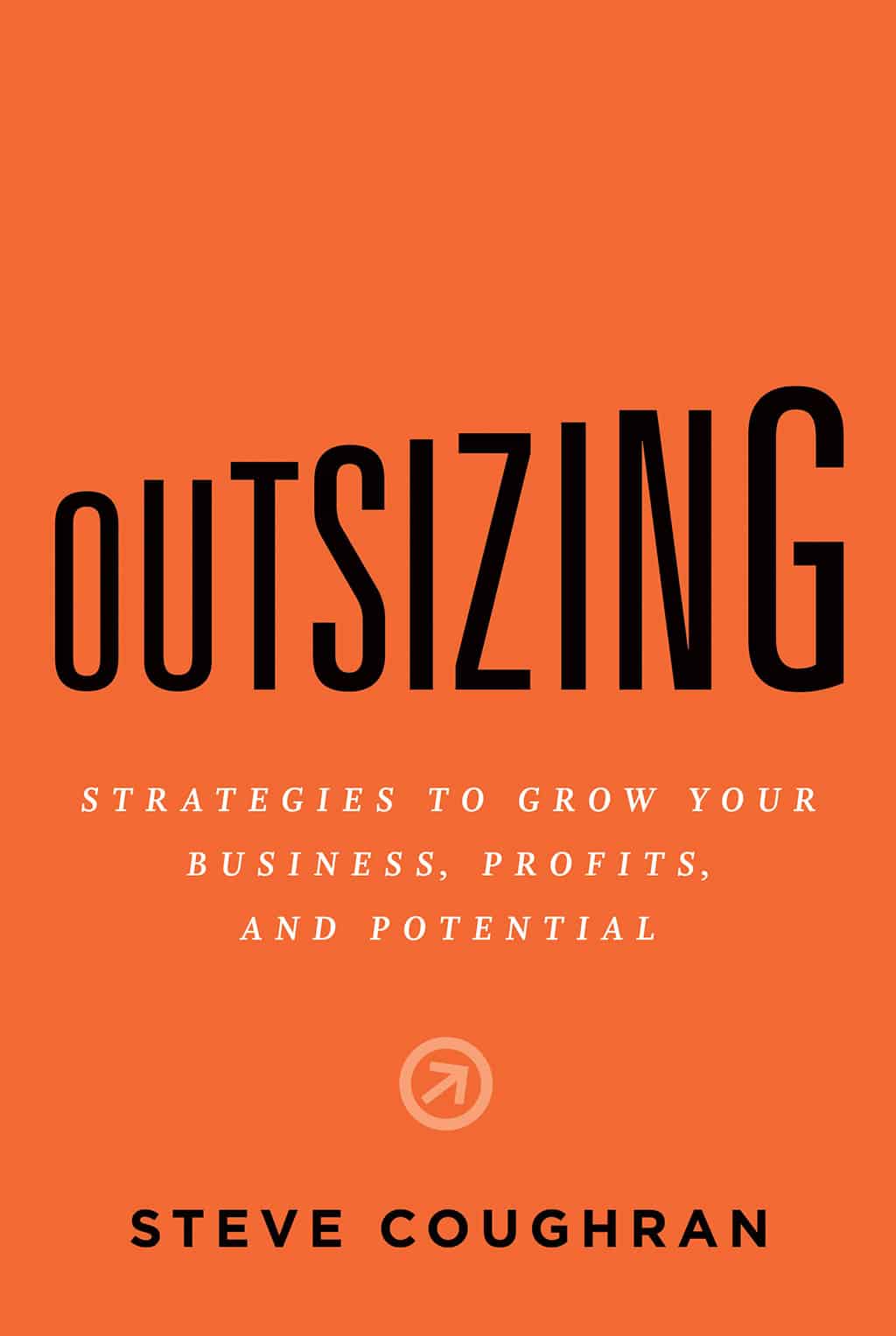3 Questions Smart CEOs Ask Their CFOs

In recent decades, business has transformed to be faster, more digital, and experience-driven. Market changes are impacting not only the ways we do business, but the relationships we form within them.
Executive partnerships are emerging across the C-Suite, one of the most influential being the relationship between the CEO and CFO. Economic advancements have reshaped the role of the CFO. No longer a glorified number cruncher, the CFO has adopted deeper analytic and broader strategic responsibility.
Role revisions have elevated the CFO from flight dispatcher, providing timing and analysis, to the strategy’s co-pilot. The CEO defines the vision, mission, and overall direction, while the CFO allocates the financial capital that allows the CEO to create and capture value.
The interdependency between the CEO and CFO is growing in criticality, however, I still see many companies failing to bridge the gap between these positions. Oftentimes, the CEO continues to fly blind. I have worked in organizations where following a recent CFO departure, the CEO is stranded as a stranger to their own business. They are in the dark about the CFO’s activities and unaware of the financial state of operations.
The CEO and CFO must partner more effectively. To get the ball rolling, I listed a few pivotal questions CEOs should ask their CFOs to ensure they’re sitting up front as the strategy’s co-pilot.
How are we measuring our strategy?
Former CEO of IBM Lou Gerstner stated, “People do what you inspect. Not what you expect.” At the heart of strategic execution is accountability. Metrics instill responsibility by serving as a mirror, reflecting organizational performance back to the employees charged with implementing the strategy. Therefore, metrics must be in place to assess progress and determine when to stay or change course.
However, while the conventional job description requires a CFO to track and produce financial metrics, the responsibilities have expanded to include monitoring the strategy as well. Leveraging their privileged insights into each organizational function and how they interact, the strategic CFO builds out a comprehensive dashboard to measure progress on key organizational initiatives. They should incorporate qualitative and quantitative measures while focusing on trending metrics to eliminate seasonality. The CFO can then analyze and provide actionable insights to the CEO who can integrate this information into a data-driven strategy.
What is the short-term and long-term plan to maximize cash flow?
Through my research, I estimate that nearly two-thirds of organizations lack complete visibility to their cash positions. Alternatively to cash flow, companies often default to accounting profit to justify big strategic decisions and benchmark organizational value as it’s the simplest economic lever to calculate. While CFOs are responsible for maximizing EBITDA, their concentrated efforts should be on maximizing the profit as it trickles down into cash flow. Cash is the fuel for strategy. To ensure that strategic plans are reinforced with bountiful capital, CEOs should understand CFOs’ short- and long-term cash flow agendas.
The CFO should design a strategy to optimize operating, investing, and financing activities to drive greater value capture. For example, to improve operating cash flow, the CFO might form an overarching initiative to improve working capital management. In proposing near-term actions, the CFO could advocate lengthening the time to pay bills, shortening the collection period, or delaying large inventory purchases.
For large-scale investments, the CFO should keep a pulse on the market, referencing economic indicators such as the Consumer Price Index, Consumer Spending Index, industrial production, and the S&P/Case Shiller Home Price Index. Integrating insights from a macro view offers a more holistic perspective for CFOs when advising on investment activities. An informed CFO should continuously answer the question: Are we making strategic investments that will produce returns higher than our cost of capital?
Imagine the business has failed. What went wrong?
Known as “premortem,” this technique calls employees to envision their organization failing and work backwards to understand what went wrong. In Gary Klein’s Harvard Business Review article, “Performing a Project Premortem”, he shows that prospective hindsight, imagining an occurrence as it has already past, increases the ability to accurately pinpoint the reasons for future outcomes by up to 30%.
A CEO needs the CFO to embrace a premortem mindset and ask what ifs? In doing so, the CFO can play devil’s advocate by identifying potential challenges early on. Rather than just supplying the data to support or reject a strategy, the modern CFO is called to examine a myriad of possibilities that could impact a proposed plan. The CFO should perform a detailed risk analysis and endorse plans that pass the test while questioning those that give pause.
Premortem also draws out honest conversation. The most crucial aspect of the CEO-CFO dynamic is candor. My time in finance, as a management consultant, and now a CFO has revealed that organizations have too many internal points of vulnerability. Fraud and misconduct often occur due to a lack of corporate oversight or failure to speak up. Consider the corporate scandals that have erupted in recent years. Had CEO John Stumpf and CFO John Shrewsberry discussed the unintended consequences of Wells Fargo’s incentive structure or the loopholes in the system, the company could have prevented the account fraud controversy that cost the company $185 million and numerous customers. By imagining the demise of the business before it happens, the CFO can pinpoint what could go wrong and save a company from itself.
Once you start the conversation, the CEO-CFO collaboration is a two-way street. As Peter Drucker stated, “The CEO is the link between the Inside that is ‘the organization’ and the Outside of society, economy, technology, markets, and customers. Inside there are only Costs. Results are only on the outside.” For the strategy to be data-driven, pertinent and actionable, the CEO must support the CFO in defining the key initiatives and determining how to move to results. The CFO has insights into the “Inside,” but it is the duty of the CEO to translate the outside. The CFO provides the data while the CEO supplies the creativity. The marriage of these two positions results in a strategy that blends art and science. While these three questions might not cement this marriage, they can ignite the spark.
Written by Steve Coughran.
Have you read?
# Global Passport Ranking, 2019.
# GDP Rankings Of The World’s Largest Economies, 2019.
# Most Expensive Countries In The World To Live In, 2019.
# Countries With The Highest Average Life Expectancies In 2030.
Add CEOWORLD magazine to your Google News feed.
Follow CEOWORLD magazine headlines on: Google News, LinkedIn, Twitter, and Facebook.
This report/news/ranking/statistics has been prepared only for general guidance on matters of interest and does not constitute professional advice. You should not act upon the information contained in this publication without obtaining specific professional advice. No representation or warranty (express or implied) is given as to the accuracy or completeness of the information contained in this publication, and, to the extent permitted by law, CEOWORLD magazine does not accept or assume any liability, responsibility or duty of care for any consequences of you or anyone else acting, or refraining to act, in reliance on the information contained in this publication or for any decision based on it.
Copyright 2024 The CEOWORLD magazine. All rights reserved. This material (and any extract from it) must not be copied, redistributed or placed on any website, without CEOWORLD magazine' prior written consent. For media queries, please contact: info@ceoworld.biz
SUBSCRIBE NEWSLETTER









